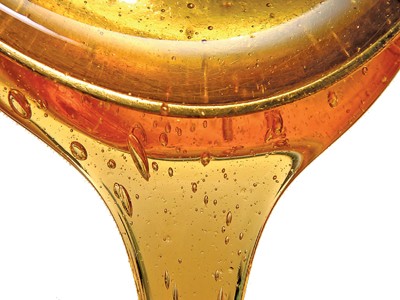
by Dr. Michael Murray | Oct 8, 2013 | Healing Food Facts
Arugula has grown in popularity in recent years, becoming a frequent addition to salads. Its peppery and woodsy flavors provide this green with a distinct flavor. Arugula is native to the Mediterranean region, and grows in parts of southern Europe and the Far East....

by Dr. Michael Murray | Oct 3, 2013 | Healing Food Facts
As the months grow cooler, a whole new flavor pallet is in season. One of many people’s fall favorites is maple syrup. Made by tapping the bark of trees, maple syrup is a product of sugar and black maple trees. It is thought that Natives Americans discovered maple...

by Dr. Michael Murray | Sep 26, 2013 | Healing Food Facts
With Autumn officially upon us, the season of harvest is in full swing. One of the many new fruits in season are pears. Historic record of the pear dates back as far as the Stone Age. Homer even referred to pears as a “gift of the gods”. The first pear tree planted in...

by Dr. Michael Murray | Aug 23, 2013 | Healing Food Facts
There are over 150 different varieties of figs, varying dramatically in color from green and purple, to black. Because figs are extremely perishable, they are often enjoyed dried. Figs are referenced in many ancient texts, including the Bible. The fig tree is native...

by Dr. Michael Murray | Aug 13, 2013 | Healing Food Facts
Peas come in three different varieties: garden, snow, and snap. The history of the pea is unknown, although it is believed that they originated in the Middle East and moved to Central Asia. Centuries of cultivation were required in both Europe and Asia to create the...

by Dr. Michael Murray | Aug 9, 2013 | Healing Food Facts
Celery is a biennial vegetable, meaning it grows in a cycle of once every two years. While commonly thought of as light green, in Europe celery is often white. Today’s celery developed from a wild variety, native to the Mediterranean region. Dating as far back as the...









